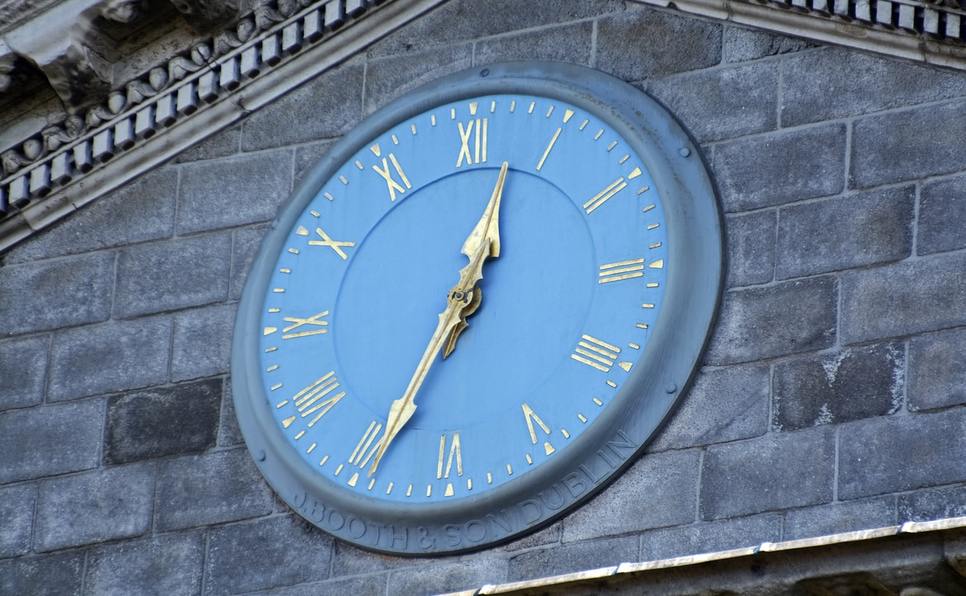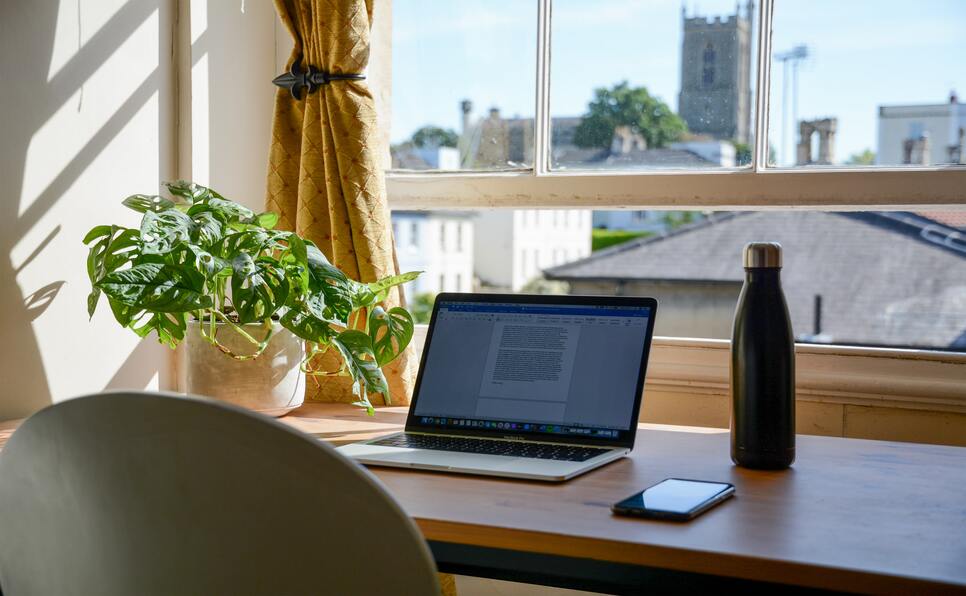If you’re serious about the business of writing, then you need an MFA in Creative Writing. Yes, I said it: you need an MFA in Creative Writing, or Master of Fine Arts, also known as the terminal degree in Creative Writing. You don’t need an MBA, or MLA, or other variation. You need an MFA, the gold standard, the one and only masters degree that is professionally recognized for writing.
What you need vs. want you want
I know, I know—there are plenty of successful writers out there who did not pursue an MFA in Creative Writing. Conversely, there are plenty of writers who pursued their MFA, and then did precisely nothing after that. So, why am I saying that this is something that you need? Why do you need an MFA in Creative Writing?
Well, need is relative, subjective, and personal. You might really need a new phone, or a glass of wine, or a haircut, or a blood transfusion. In other words, only you know what you actually need in order to get the results you desire. This is the sweet spot where need and want cross over.
You have to want to get an MFA in Creative Writing.
As with all of my topics on Aspiring Author, there is always, always a pay-off. What is the effort required in order to get the results you want? You will get out what you put in. This is why my advice is that you should pursue an MFA in Creative Writing—but only for the right reasons.
Think about what you want
If your goal is to get published and be successful (and if it isn’t, I’m not sure I can help you), then an MFA is not the answer. An MFA does not guarantee that you will get published in literary magazines, or that you will sign with an agent, or that you will get a book deal. If your goal is to teach in a related field, an MFA might be required. If it’s both, then you almost certainly need an MFA. If you want nothing more than to meet fellow writers, you might also want to consider writing groups, conferences, community classes, and other local initiatives. If you want guarantee of signing with a literary agent, or a full-time job: tough. The MFA can’t provide that. What it can do is better prepare you for when the time comes, so that you are set up for success.
Think about if you can afford to spend the money
MFAs are notoriously expensive and time-consuming. Is it worth getting yourself into a heap of debt? Unless your program is fully-funded, you can expect to spend anywhere between $20,000 and $200,000. I was fortunate in that my day job offered an education assistance program that helped me fund about half of my studies. I was also fortunate enough to be in a day job that paid the bills and allowed me breathing room to invest in my writing career. As with any educational pursuit, it doesn’t come cheap. And there is no guarantee that you will ever make this money back, either through a book deal or a teaching job.
Think about if you can afford to spend the time
Do you have the time to spare? Many MFA programs offer low residency options for you to balance your masters against your full-time day job (which is what I did at Stonecoast, University of Southern Maine). There are also online programs, as well as the traditional brick-and-mortar schools which could potentially give you that “time to write” that you might be craving from an MFA. Reality check: there is never enough time to write. Not now, not ever. Take the time you have, and spend it wisely, and only on what you want and need.
Think about if you can take the criticism
During your MFA program, you will be introduced to a thriving community of writing peers, faculty, and professionals. You will sit through workshops and seminars with these people, and you will open yourself wide to their thoughts, opinions, and general criticism of your work. GET USED TO IT. Critiques are the bread and butter of MFA programs. Many adopt the Iowa workshop model, where you sit in silence as your work gets torn apart. If you aren’t ready for that extreme level of criticism, then you probably aren’t ready for an MFA in Creative Writing. This isn’t to say that you should listen to all feedback—that isn’t always helpful—but a lot of it will be. You’ll find that through listening, reading other people’s editorial letters, you’ll notice common themes that will help you exponentially improve your craft.
Think about if you can stick to deadlines
This is a pretty basic one. You will get assignments. You will need to write to deadlines. You will need to craft editorial letters, manuscripts, stories, packets, essays, and eventually a thesis. You will need to deliver presentations, and respond to your mentors, professors, and interact with faculty on a regular basis. If you can’t manage your time and stick to deadlines, you’ve already failed. The MFA is designed to prepare you for the writing life, while affording you extreme accountability. Sticking to deadlines is an integral part of that.
Think about if you’re really, really ready for this
Can you afford it? Can you handle the workload? Can you take criticism on board? Can you get personal, and emotional, and messy? Can you leave your pride at the door? Can you put yourself and your writing first, above all other things? If so, welcome aboard. You need an MFA in Creative Writing.
Why you need an MFA in creative writing
And finally, here’s why I pursued my MFA. I have never had any interest in becoming a teacher. And at the time of applying for my MFA, getting a literary agent and a book deal seemed like a far-away pursuit. Instead, I knew that my writing soul needed an MFA. When I was an undergraduate at a college in the United Kingdom, I investigated MFA programs in America. Even all those years ago, it was prohibitively expensive. My digital marketing career ended up taking off, and I stayed put. Over a decade later, and my life (and day job) took me to the East Coast, where the opportunity to apply to a low residency MFA program reared its head. It sounds trite, but I believe it truly was kismet – because I made it happen. Because I wanted it. Because I needed it. And yes, the results have proven to be well worth it—honing my voice, landing a literary agent, a series of publications, novels underway, a life-long community of writing friends and relationships, this website—but having “MFA” in my by-line is not the reason I did it. The reason is that I consciously and resolutely invested in myself and my writing career, and it paid off. This is why I needed my MFA. And why you need an MFA in creative writing, too.
Recommended reading
Here at Aspiring Author, we love recommending bestsellers and fawning over hot new releases. On this real time recommended reading list, you will find a list of top rated books on the publishing industry, craft, and other books to help you elevate your writing career.









